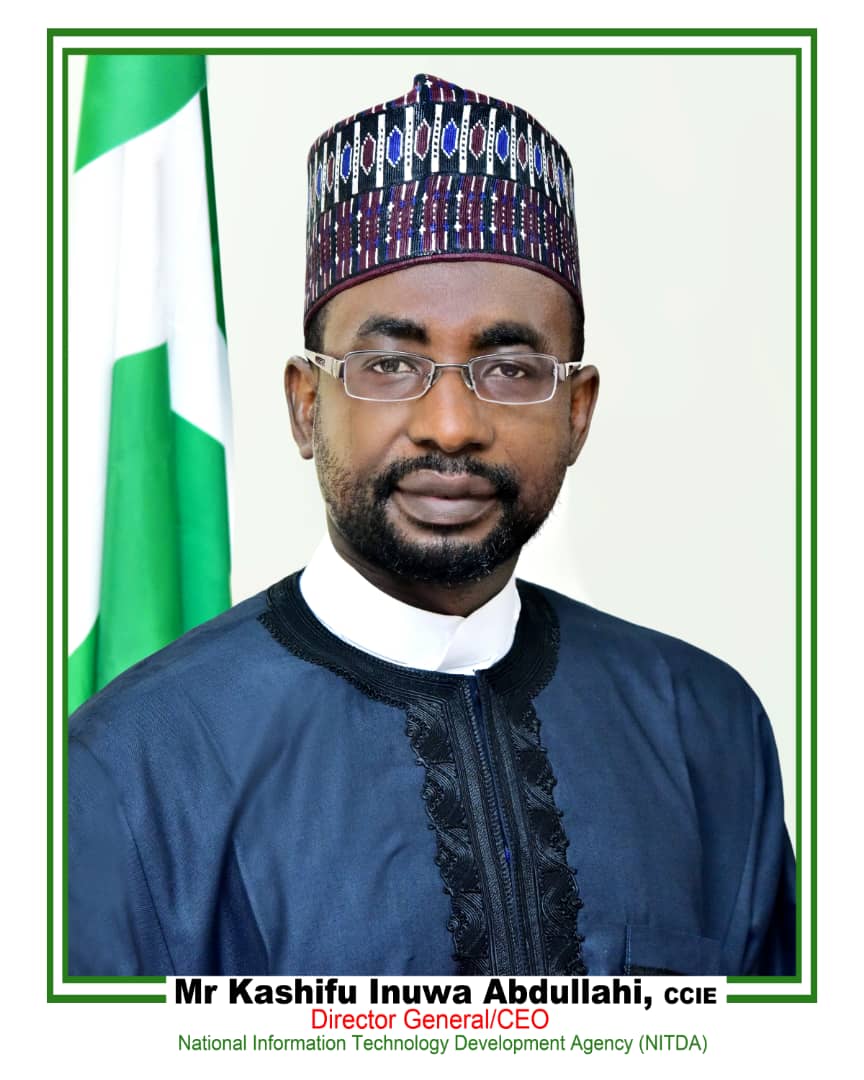The Minister of Communication in Ghana, Mrs. Ursula Owusu-Ekuful has announced that it is no longer feasible for Ghana to carry out Digital Switch over (DSO) come September this year but next year.
Explaining the miss at a two-day National Forum on Content and Digital Migration in Accra, she said the government was planning to engage a consultant to review the entire process before switching on to the process next year.
Business Hilights gathered that the National Forum was organised by the National Media Commission (NMC) with financial support from the Friedrich Ebert Foundation (FES) for stakeholders to discuss Digital Migration content and regulatory policy and how the process affects content production, distribution and regulatory framework.
She noted that just as every technology had a five- year expiration and since Ghana’s was developed in 2011, it was imperative to review it in its totality to ensure that the country have the highest platform to guide its content.
The minister therefore tasked stakeholders to review the policy again to ensure that it was fit before the country switched on to the platform next year.
Just like Nigeria, the migration was expected to take off in June 17, 2015, but was later postponed to September, due to some hitches in the migration process. In the case of Nigeria, the supervising agency, National Broadcasting Commission (NBC) did not even give another deadline but was upbeat that ECOWAS will soon meet to decide the next deadline.
Several African countries had missed the initial June 2015 deadline, which was set under the Geneva 2006 agreement of the International Telecommunication Union (ITU), because of delays in accessing funding for the project.
Whereas Ghana is beginning a nationwide awareness on the gains of the scheme, it has concluded plans to establish a DDT Company, which would have all media companies on the board to facilitate the process.
Just like Nigeria also, the Minister revealed that the Ghanaian government would subsidise the Set Top Boxes (STBs) for those who cannot afford it to have access and made it clear that under the migration policy, all broadcasters were expected to allocate 70 per cent of their prime time to local content.









